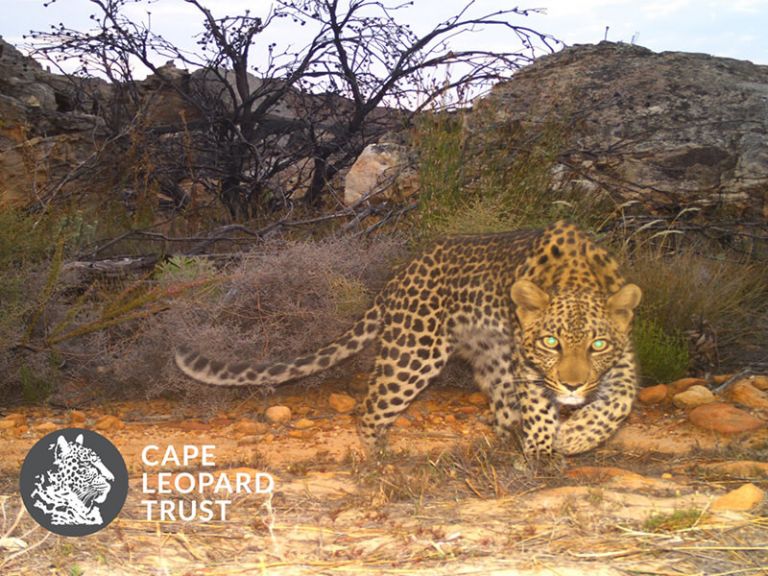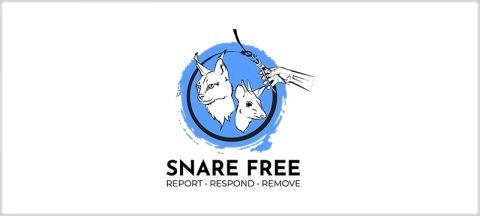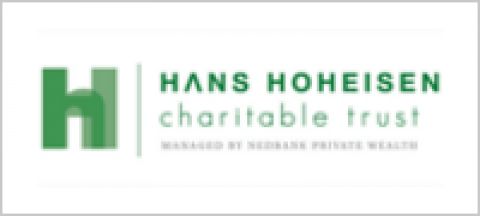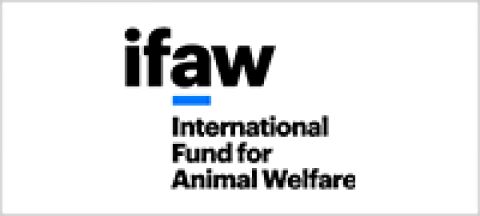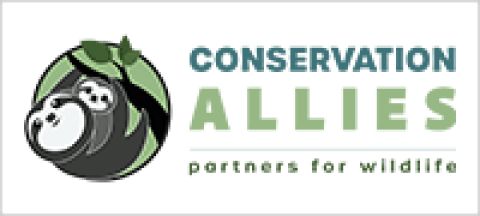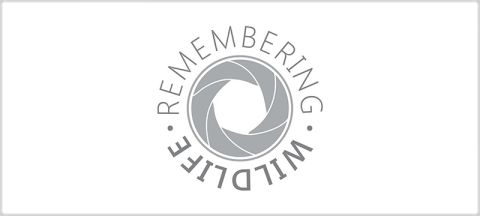A short report by Ewan Brennan, intern on the CLT Cederberg Project, May to September 2017
After becoming dissatisfied with the prospects for my role in wildlife conservation in the UK, I decided to leave my job and explore the potential for a career in Southern Africa. Having never set foot on the continent, needless to say, I was slightly apprehensive. No matter the amount of research and preparation, I’ve found that new places are never quite as you expect them to be.
As it turned out, my concerns were totally unnecessary. The Cederberg team is so welcoming and friendly, as is everyone else at the Trust I was introduced to during the course of my stay. With limited knowledge of ecology in the Cederberg, wildlife in South Africa and African conservation, in general, I was bursting with questions. Every time, the team was most willing to answer and to translate countless Afrikaans conversations so that I could be included as completely as possible. I learned a huge amount from these exchanges and even picked up a few words of Afrikaans.
The major focus of my time in the Cederberg was assisting in the camera trap survey setup – one of the largest of its kind in South Africa – with 150 cameras to set up across 1700 square km of mountain habitat. Naturally, this involved many hikes over rugged terrain, in isolated river valleys and on scenic hiking trails, often ending with pitching camp in the field above stunning vistas ideal for seeing the sunsets and sunrises over the mountains. This allowed me to really get to know the area and to understand how the leopards might use and move across the dramatic Cederberg landscape. Tracks and signs were in no short supply, and we even came across a couple of old leopard den sites, all of which was very exciting.
Another definite highlight of my time was meeting the people in the Cederberg. From the large private reserve owners with whom we worked closely to the local farmers, livestock herders and tourist accommodation owners, everyone was unbelievably friendly and keen to offer assistance in any way they could. Invitations for braais or coffee offers of accommodation and being hailed by passersby for greetings or anecdotes about local leopards were part of everyday life.
In short, I consider myself very fortunate to have had an internship with the Cape Leopard Trust. Working in a small team, I always felt closely involved and that I could make real contributions during team meetings and fieldwork. As the first step on a career path in conservation in Africa, I think I couldn’t have landed in a better organisation or with better people. Perhaps most importantly, for me, it was an unrivalled learning experience. I’ll be taking away a huge amount from the internship and would most strongly recommend this invaluable experience to anyone in a similar position.

